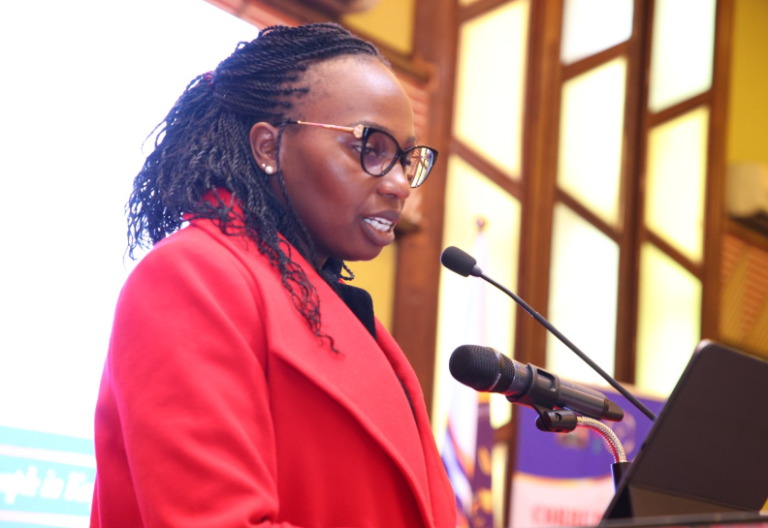Contraceptive uptake among married women on the rise

Kenya is moving closer to achieving one of its eight global commitments which is to increase the modern contraceptive rate for married women from 58 per cent to 64 per cent by 2030.
Exclusive data from the Kenya Health Information System indicates early successes in Isiolo, Makueni, Kwale, and Kakamega Counties. The uptake of immediate postpartum family planning, the contraceptives offered to women within 48 hours after delivery, increased fourfold on average, from 3.8 per cent in January 2023 to 13.9 per cent at the end of 2023. Kakamega (19 per cent) and Makueni (17 per cent) Counties recorded the highest uptake.
“As part of its strategy to reduce maternal mortality, Kenya selected four counties to intensify family planning for women who have already delivered or lost their children after an abortion. Data from the counties show that the country is already reporting an increase, six years before the 2030 deadline,” reveals the report.
These counties, along with nine others, were previously ranked as having the highest burden of maternal mortality, accounting for 98.7 per cent of maternal deaths in Kenya. Despite interruptions caused by the COVID-19 pandemic, these counties have maintained their overall modern contraceptive uptake.
Modern contraceptive uptake
According to the Kenya Demographic Health Survey, Isiolo’s modern contraceptive uptake increased from 26 per cent in 2014 to 29 per cent in 2022, and Kakamega’s rose from 60 per cent to 63 per cent during the same period. However, Kwale’s rate stagnated at 35 per cent, and Kakamega’s slightly declined from 65 per cent to 63 per cent.
“For this strategy, NCPD targeted counties where family planning use was below 35 per cent. The reason is counties with low modern contraceptive prevalence rate (mCPR) also are among the counties contributing to the highest maternal and neonatal mortalities, hence will contribute to the improvement of maternal and child survival,” Dr Sheikh wrote.
Family planning
Isiolo, a county that recorded an increase in postpartum family planning from 0 per cent to 6.3 per cent, has taken unconventional methods such as including men in family planning discussions in health facilities and community gatherings. However, inadequate expertise and finances are often a stumbling block to counties’ efforts in providing postpartum family planning.
Dr Njeri Nyamu, a public health specialist and the director of one of the projects that have supported the counties, Accelerating PPFP Integration into Primary Healthcare in Kenya (APIP), stated that successful family planning uptake is much more than clinical services. It also involves working with the community to explore the cultural mores that bar family planning uptake.
“Counties are making all the effort to follow the WHO recommendations for family planning, but they need support for resources for training healthcare workers to enable them to provide adequate and comprehensive counseling to mothers and couples on the contraceptive options available, so they can make a choice that best fits their needs and intention for family size,” Dr Njeri said.’
Adding that “This is not a healthcare workers’ affair alone; we work with community leaders and groups to address socio-cultural constructs, myths, and misconceptions that often negatively influence family planning uptake,” Dr Njeri said.








